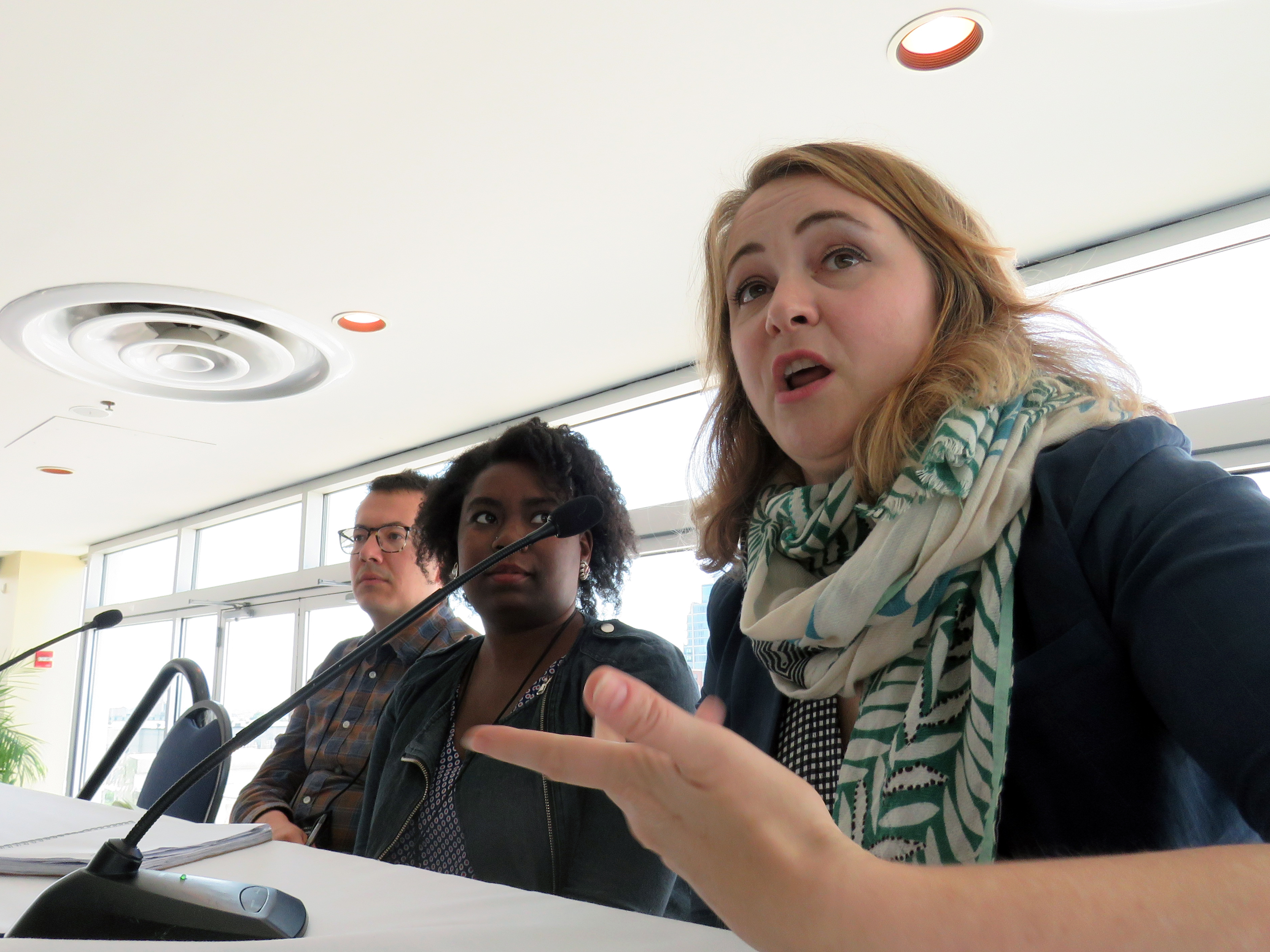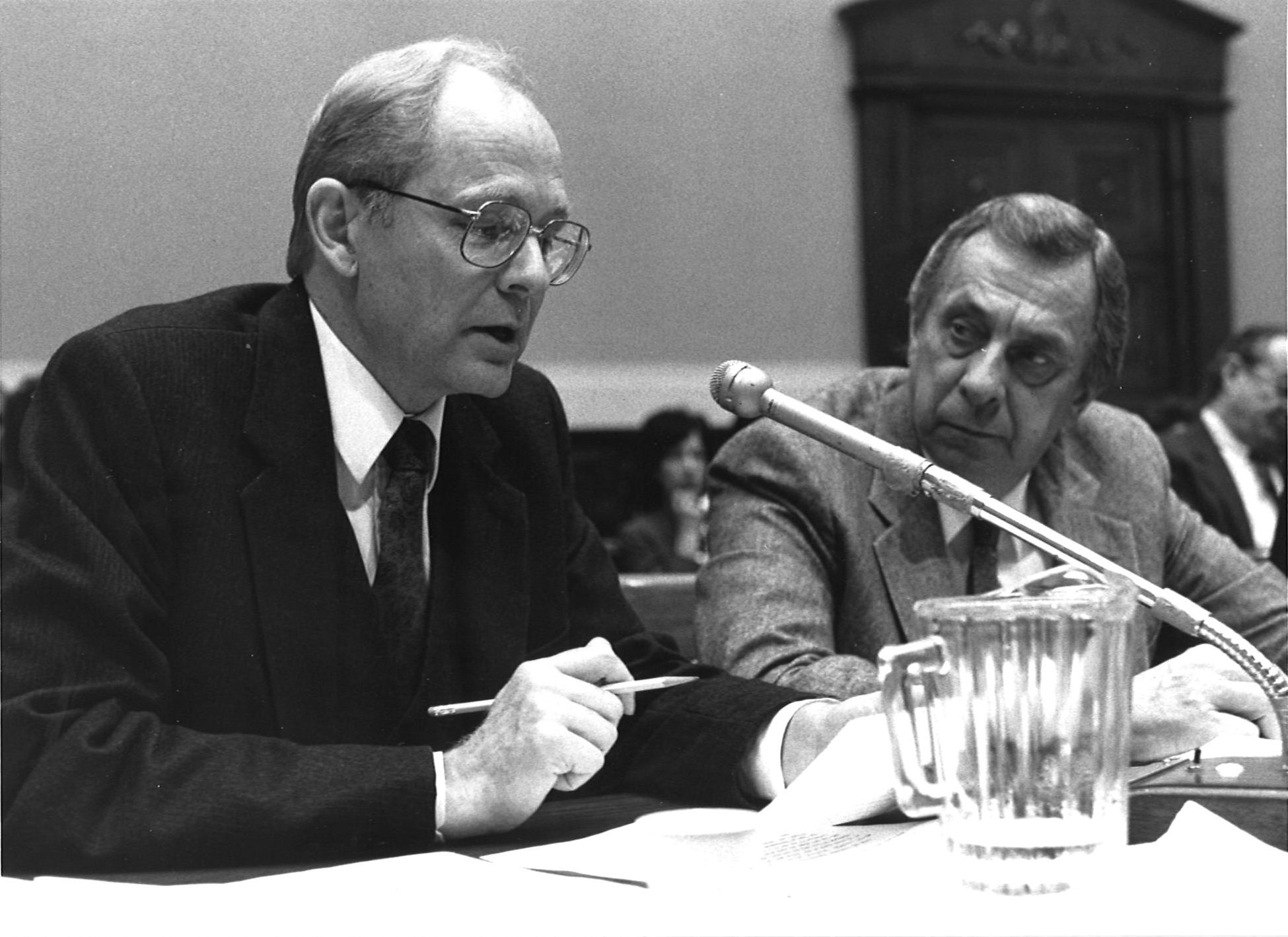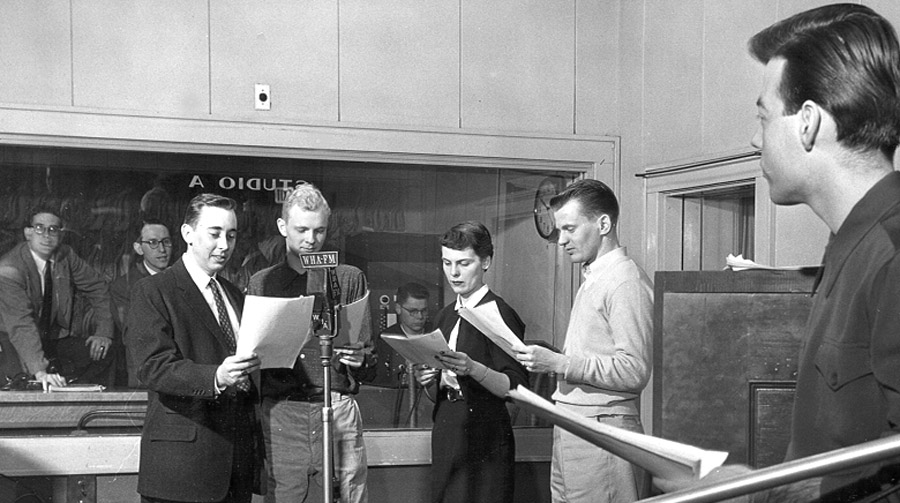Tag: NPR
NPR stations can now stream on iHeartRadio
Participating stations will split digital banner-ad space with the platform.Code Switch’s Alicia Montgomery on leading conversations about race
“We’re here to give you the complicated story.”NPR changes up programming ranks
The network announced a new director of programming, to start in August.NPR, stations see progress in collaborative news coverage
But a new report also points out shortcomings in the two-year-old effort to strengthen joint reporting.‘The Pub’ #69: Code Switch chief Alicia Montgomery
Montgomery talks about the long-anticipated new Code Switch podcast and responds to criticisms of her unit from both the right and left.Three ways to make a podcast that will stand out
Having a well-established brand behind you doesn’t hurt, says NPR’s Kelly McEvers.As NPR One draws younger audience, network aims to expand local presence
Two-thirds of NPR member stations are now contributing.How public radio has ‘far exceeded’ Bill Siemering’s vision
“Everyone should be grateful that there is National Public Radio in this country.”Pew report highlights increase in NPR podcast listeners
Terrestrial broadcast audiences for NPR remained flat.As collaborations expand, newsroom leadership jobs prove difficult to fill
“The system of collaboration we are building requires more editors.”NPR founding programmer Bill Siemering on his days before joining the network
He got his start in radio at one of the country’s oldest educational stations.‘ATC’ to air format-breaking diary of a Saudi teenager
Radio Diaries and NPR chose the teenager after she entered their 2013 contest seeking audio diarists. Nearly 1000 people submitted entries.‘The Pub’ #66: Newsbusters editor Tim Graham on NPR, Ploughshares and why conservatives feel left ...
Graham’s organization jumped on an ethically sticky funding situation at NPR.NPR Music partners with pubmedia platform for daily videos
NPR has added the VuHaus Song of the Day to its website.‘Invisibilia’ season two releases June 17
Stations will participate in a pre-launch listening party.











